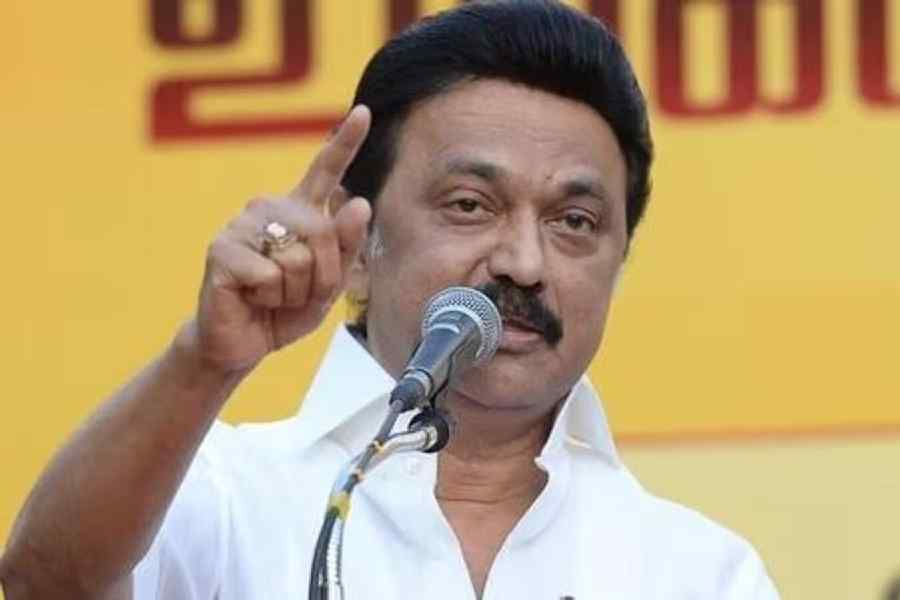Acrimony between a governor and the state government suggests weakness in the federal structure. Although tension is not new in Opposition-ruled states since the governor is appointed by the Union government, the relationship reached unprecedented intensity — and ugliness — after the Narendra Modi-led government came to power. The Dravida Munnetra Kazhagam of Tamil Nadu has now included in its election manifesto the goal of establishing a system in which governors will have to be appointed through consultation with the respective chief ministers of states. The DMK also promises to amend, if elected, Article 361 of the Constitution that gives governors immunity from criminal prosecution. This comes after a long struggle with the state’s governor, R.N. Ravi, whom the chief minister labelled the ‘star campaigner’ of the Bharatiya Janata Party. His opposition was not confined to delaying bills in spite of the Supreme Court’s repeated admonitions against governors going beyond their brief when other states had petitioned it for redress. Mr Ravi had refused to appoint a minister convicted of corruption by the Madras High Court but whose sentence the Supreme Court had stayed. Claiming constitutional morality, Mr Ravi ignored not just the council of ministers by whose advice he is supposed to function, but also the Supreme Court’s decision. It needed the court’s stern rebuke for Mr Ravi to swear him in.
Mr Ravi may have stepped too far outside his constitutional role, but the episode is typical of the lengths to which certain governors will go to disturb Opposition-ruled governments. Governors in Telangana, Punjab, West Bengal, Kerala, Tamil Nadu and Delhi’s lieutenant governor have publicly criticised their governments, delayed bills, which harms both governance and people’s rights, upended constitutional order by communicating directly with the people and interfered in educational matters, for example, in the appointment of vice-chancellors. A meddlesome governor is an old malaise: the then ruling Congress had weaponised the gubernatorial office too. But governors cannot wield power or push the Centre’s agenda: the Constitution is clear on that. Yet, their aim often seems to be to do precisely that. The rewards are high. The former governor of West Bengal, Jagdeep Dhankhar, known for his animosity towards the state government, is now India’s vice-president. A fundamental change is needed to put the governor back into his formal role. Should it be there at all?











